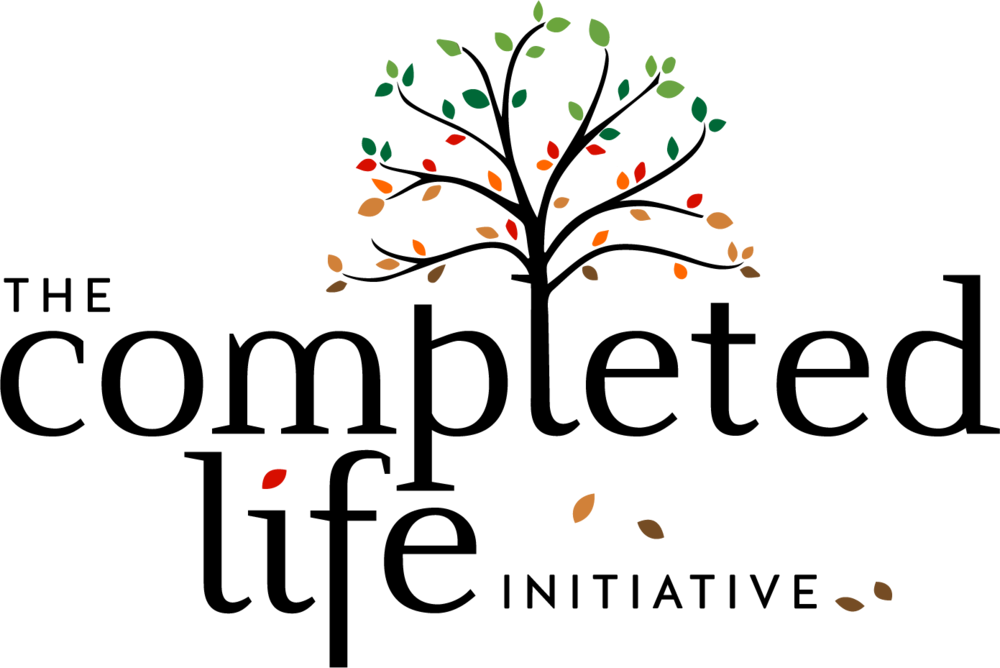
To access the newsletter, click on the logo above
| Recently, we’ve received a number of questions about the status of New York’s Medical Aid in Dying Act (S138). It can be tricky to navigate the legislative process in any state, especially one as complex as New York. David N. Hoffman is a clinical ethicist, healthcare attorney, and Senior Advisor to the Completed Life Initiative. Below, he answers some of the important questions we’ve been getting about the bill. Here’s what you need to know. The New York State Assembly and the New York State Senate have both passed a Medical Aid in Dying (MAID) Act. What would this legislation do if it becomes law? How can we prepare? D. H. When the governor signs New York’s Medical Aid in Dying Act (S138), it will allow physicians to write a prescription for life-ending medication to be self-administered by decisionally-capable adult patients with a terminal illness and six months or less to live. This additional tool in a physician’s toolbox, which we can think of as the final component of palliative care, will enable a physician to explain all of the care options medically available to them and support a patient’s decision about which course of end-of-life care is appropriate for a particular patient. There will be a lot of work to be done when the Governor enacts the MAID Act into law. New York State has nearly 20 million residents. If just a small fraction of the population seeks advice and counseling regarding end-of-life care and medical aid-in-dying, the medical community—doctors, nurses, pharmacists, counselors—will all need training to properly advise terminally ill patients and their families on their options. |
| Given that the legislation passed both houses of the legislature, why hasn’t it become law? D. H. As with all legislation passed in New York State, a bill only becomes a law once it has been signed by the governor (or if the bill is vetoed, that veto is overridden by a two-thirds vote of both houses of the legislature). As a practical matter, the governor has until the end of the 2025 calendar year to act on the medical aid-in-dying bill adopted by the New York State Senate and Assembly. Has Governor Hochul taken a public stance on medical aid-in-dying? D. H. While the governor has made a number of indirect statements about the medical aid-in-dying law, including urging advocates to “get the bill to her desk,” she has not taken a public position regarding when she may sign the bill into law. Because the Governor is running for re-election in 2026, every decision she makes, including whether to sign a bill, is filtered through the lens of her re-election efforts. Who is leading the opposition against the legislation in New York State? D. H. The most vocal opponents to New York’s medical aid-in-dying bill are the New York State Catholic Conference and a subset of organizations that advocate for the rights of persons with disabilities. The Catholic Conference is an independent organization that advocates for Catholic values. As with other socially controversial issues, the rank and file members of the Catholic Church hold a wide variety of views on medical aid-in-dying. Some disability rights organizations oppose giving physicians and terminally ill patients the right to evaluate the use of medical aid-in-dying at the end of life because they believe it creates a risk that persons with disabilities will feel pressured to utilize medical aid-in-dying because other people think their life is not worth living. This concern has been heavily researched and there are no documented cases of any person in the United States with a disability obtaining a medical aid-in-dying prescription because they were subjected to coercion or undo influence. You’re an expert on MAID related issues and a New York resident. What do you think is going to wind up happening? Will Governor Hochul sign the bill? D. H. I believe that Governor Hochul will sign New York’s medical aid-in-dying bill. She knows that 72% of New York residents support making this end-of-life choice available to terminally ill patients. You can learn more about this issue from our partners at End of Life Choices New York. |
| We filled an auditorium with stories about life and loss, and it grew into a conversation about how no one is truly alone.Our 3rd Annual Faith Sommerfield Memorial Lecture featured Pulitzer Prize winner Jennifer Senior and renowned bioethicist Dr. Arthur Caplan, PhD. Read the recap |

 New York
New York
 United States of America
United States of America